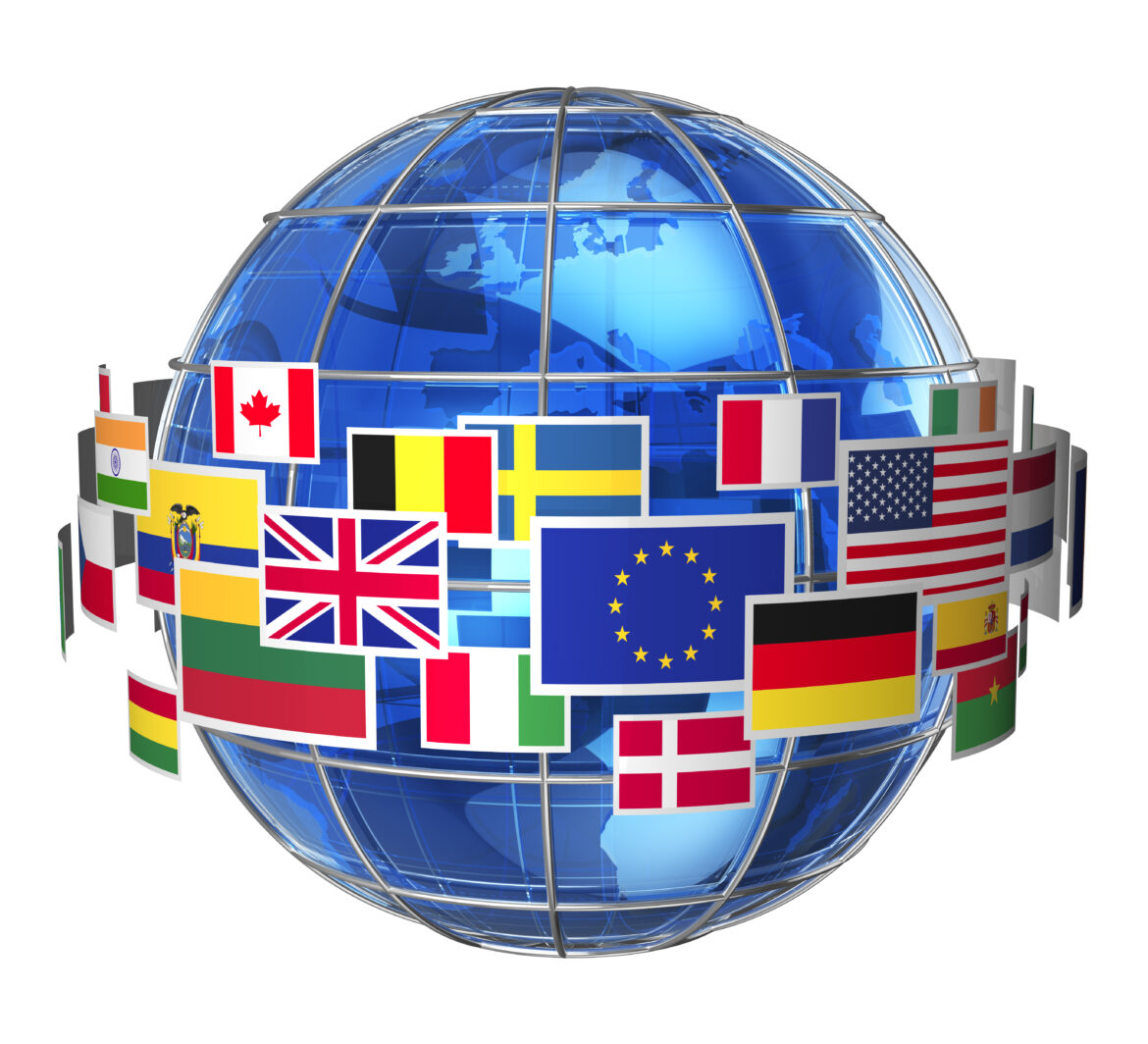In a rapidly evolving digital landscape, the role of organizations that govern international communication is more crucial than ever. Among these entities, the International Telecommunication Union (ITU) stands out as a pivotal player. Established in 1865, the ITU is a specialized agency of the United Nations that brings together governments and industry stakeholders to facilitate international connectivity and communication. The essence of this union transcends mere technological advancement; it embodies the principles of collaboration, inclusivity, and shared growth, which resonate deeply with Christian values.
The ITU’s mandate is multifaceted. It is responsible for allocating global radio-frequency spectrum, developing telecommunications standards, and fostering international cooperation in the field of information and communication technologies (ICT). One might ponder: How does the ITU’s role in digital governance relate to our Christian ethos of stewardship and communal responsibility? As society becomes increasingly interconnected, the implications of ITU’s work stretch far beyond the technical realms; they touch upon ethical and moral considerations that demand thoughtful reflection.
To begin, it is essential to comprehend the notion of digital governance. Digital governance refers to the processes, policies, and frameworks that dictate how digital technologies are used, managed, and regulated. It encompasses not only the technological infrastructure but also the social and ethical dimensions that guide digital interaction. In a world where communication transcends borders, the principles that govern this digital sphere take on immense significance. How can we, as a global society, navigate these challenges while remaining steadfast in our moral convictions?
The ITU’s framework for digital governance illustrates a commitment to inclusivity and universality. Efforts to ensure equitable access to communication technologies, especially in underserved regions, align with the Christian call to serve the marginalized and to embrace the outsider. In Matthew 25:40, it is stated, “Whatever you did for one of the least of these brothers and sisters of mine, you did for me.” Just as the ITU seeks to bridge the digital divide, Christians are beckoned to engage in actions that uplift the underprivileged—a call to extend the hand of technology to those who lack the means to access it.
Moreover, the ITU’s commitment to standardization in communication technologies fosters a seamless global communication environment. This unification of protocols can be likened to the concept of the body of Christ, as described in 1 Corinthians 12:12-27, where diversity within unity creates a harmonious functioning community. Just as diverse members of the church work collectively for a common purpose, technology too thrives on robust standards that enable disparate systems to communicate effectively. This parallel invites a deeper understanding of how collaborative governance can nourish both technological advancement and spiritual growth.
However, the interplay between digital governance and morality is not without its challenges. As we expand our reliance on digital platforms, questions arise concerning privacy, data security, and ethical usage of technology. Who governs the information that flows through these channels? Can we trust our digital stewards to uphold values that align with scriptural teachings? This brings to light a potential conundrum; can organizations like the ITU remain impartial arbiters of governance, or will vested interests lead to a compromise of their ethical standards? In grappling with these questions, Christians are called to discernment, advocating for transparency, accountability, and the prioritization of human dignity in all matters concerning digital governance.
The ITU’s strategic goals reflect an allegiance to sustainable development, one that dovetails with the Christian mandate of stewardship over creation. The United Nations’ Sustainable Development Goals (SDGs) emphasize that internet access and ICT are indispensable for achieving global development objectives, such as reducing poverty and promoting education. The ITU’s initiatives, therefore, resonate with the Christian commitment to social justice and the imperative to be caretakers not only of our immediate surroundings but also of the global community.
The church, as a collective, has an opportunity to engage with the ITU and other international bodies to influence decisions that affect digital governance. By promoting dialogue between technologists and theologians, a more holistic approach can be developed—a synthesis of technological innovation and spiritual insight. Imagine a world where ethical frameworks rooted in Christian values guide the development and application of communication technologies. Would it not be a powerful testimony to our faith?
In conclusion, the International Telecommunication Union serves as both an essential institution for fostering global communication and a mirror reflecting our values as Christians. As digital governance becomes increasingly intertwined with our everyday lives, it beckons careful examination of how to harmonize technological progress with our spiritual and moral identities. Embracing the challenges of this new digital age requires not only innovative solutions but also a steadfast commitment to the principles of love, justice, and solidarity. It is not merely about technology; it is about cultivating a digital environment that honors the inherent dignity of every individual, reinforcing both our responsibility as citizens of the world and as followers of Christ.



